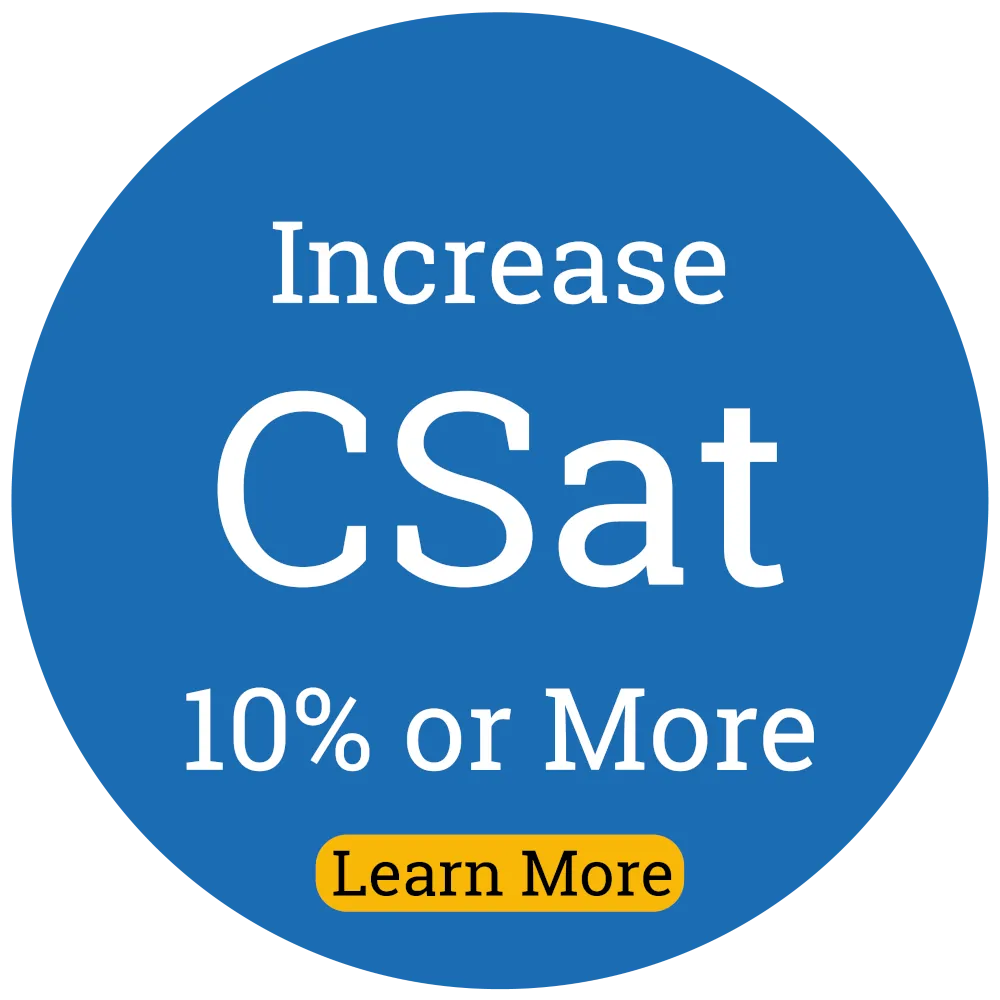Quality assurance (QA) in a call center is no small affair. It's the bedrock for ensuring every customer interaction meets a high standard of service. QA involves systematic monitoring and evaluation of calls to identify areas for improvement and to ensure compliance with company policies. This is indispensable for maintaining a consistent customer experience.
High-quality customer support is crucial in today's competitive marketplace. Companies that neglect call center QA risk damaging their reputation and losing customers to competitors who prioritize exceptional service. Essentially, QA in a call center acts as both a shield and a sword, protecting the company's image while advancing its commitment to customer satisfaction.
What is QA in a Call Center?
Quality assurance (QA) in a call center involves systematic processes designed to monitor, evaluate, and improve the performance of agents and the overall customer experience. It ensures that interactions meet company standards and compliance requirements, ultimately enhancing customer satisfaction and operational efficiency.
Key Components of QA in a Call Center
- Call Monitoring: Regularly listen to recorded calls to assess agent performance and protocol adherence.
- Evaluation Metrics: Utilizing specific criteria to evaluate calls, such as communication skills, problem-solving ability, and script adherence.
- Feedback Mechanisms: Providing constructive feedback to agents based on evaluations to facilitate improvement.
- Training and Development: Implementing ongoing training programs to enhance skills and address any identified gaps.
- Reporting and Analysis: Analyzing data from evaluations to identify trends, strengths, and areas for improvement.
- Customer Feedback: Gathering customer satisfaction surveys and feedback to inform quality initiatives.
For example, let's say we have a call center specializing in tech support. The QA team regularly reviews a sample of recorded calls each month, and they evaluate agents based on criteria such as technical knowledge, communication clarity, and the ability to resolve issues on the first call.
After identifying an agent struggling with technical explanations, the QA team arranges a targeted training session focused on product features and effective communication techniques. Following this training, the agent's call evaluations improve significantly, leading to higher customer satisfaction scores and reduced call escalations.
This example illustrates how quality assurance enhances individual performance and contributes to a better customer experience.
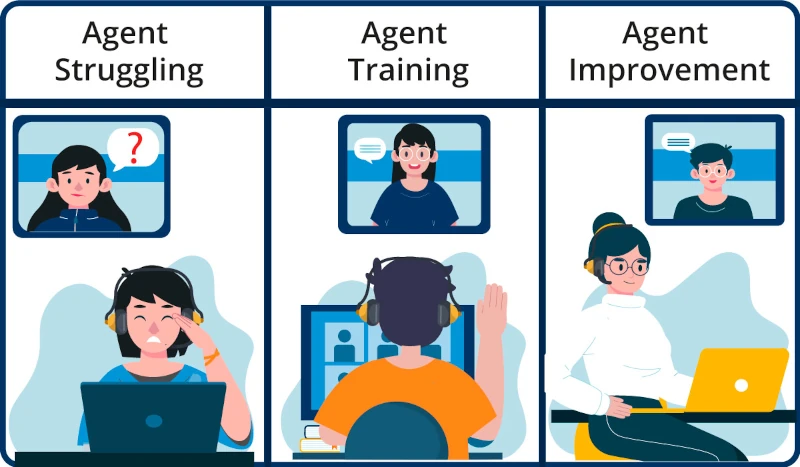
Why is QA Important in a Call Center?
In a call center, where customer interactions are at the heart of the business, quality assurance (QA) is not just important—it is indispensable. QA ensures that agents consistently deliver the highest level of service, aligning their performance with the company's standards and customer needs.
Let's delve into how QA enhances customer satisfaction, boosts agent performance and accountability, and ultimately impacts business success and growth.
1. QA Enhances Customer Satisfaction
Customer satisfaction is the cornerstone of any successful business, and in call centers, it is directly influenced by the quality of service provided.

QA plays a critical role by systematically evaluating and improving agent interactions with customers. Through careful monitoring and analysis of calls and communications, QA teams identify areas where agents excel and where there is room for improvement.
- Consistency: QA ensures that every customer receives a consistently high level of service, regardless of which agent they speak with.
- Personalization: QA helps tailor future interactions to meet customer expectations and preferences by evaluating past interactions.
When customers feel heard and valued, they are more likely to remain loyal to the brand. Enhanced customer satisfaction leads to positive reviews and word-of-mouth referrals, which are invaluable in today's competitive market.
2. QA Boosts Agent Performance and Accountability
QA processes benefit customers and have a transformative effect on call center agents. QA provides a roadmap for agents to follow by establishing clear metrics and performance benchmarks.
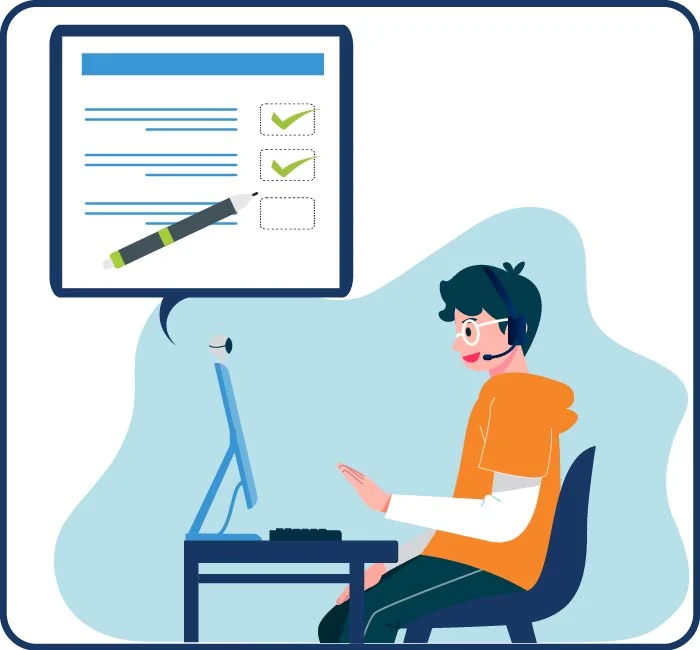
- Skill Development: Regular feedback and training emphasize continuous improvement, helping agents refine their communication and problem-solving skills.
- Motivation: Recognizing high-performing agents through QA evaluations boosts morale and encourages all team members to strive for excellence.
Moreover, QA fosters a culture of accountability. When agents know their interactions are subject to review, they tend to adhere more closely to company policies and guidelines. This accountability ensures that service quality remains high across the board and that deviations from expected performance are swiftly addressed.
3. QA Positively Impacts Business Success and Growth
Ultimately, the influence of QA extends beyond immediate Csat and agent performance, reaching into the larger sphere of business success and growth. High-quality customer interactions foster trust and loyalty, resulting in repeat business and customer retention, both of which are crucial for a company's bottom line.

- Operational Efficiency: QA insights help streamline operations by identifying common issues in service delivery and areas where resources can be optimized.
- Competitive Advantage: Service excellence driven by robust QA often differentiates a company from its competitors, attracting new customers and expanding market share.
Moreover, a strong quality assurance program helps mitigate risks by ensuring regulatory compliance and preventing costly errors or customer escalations. In a landscape where customer experience is paramount, investing in quality assurance is not just a strategic decision but a business imperative that drives growth and sustainability.
How to Implement a QA Program in Your Call Center?
Implementing a quality assurance program in a call center involves several key steps to ensure effectiveness and alignment with organizational goals.
Using an example company with a call center, Tech Support Solutions, we will discuss the six key steps for implementing a QA program in your call center.
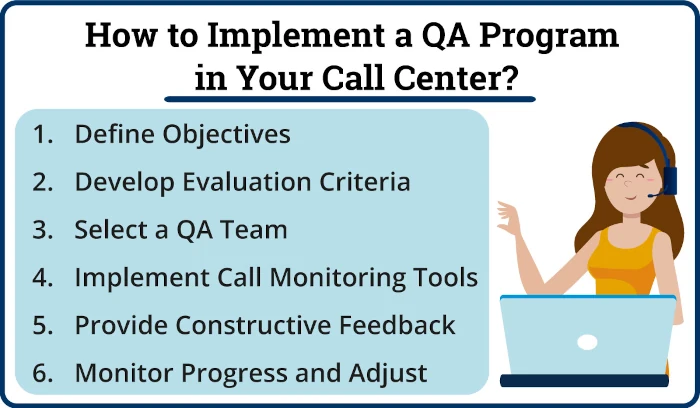
1. Define Objectives
Establish clear goals for the QA program, such as improving customer satisfaction and agent performance.
For example, TechSupport Solutions aims to improve Csat scores by 10% within six months by ensuring agents resolve issues effectively on the first call.
2. Develop Evaluation Criteria
Create specific metrics for assessing calls, focusing on communication skills, problem-solving, and protocol adherence. Some key KPIs & metrics to track include:
- Total Customer Service QA score
- Customer Satisfaction Score
- First Call Resolution
- Call Resolution
- Customer Satisfaction
- Average Handle Time
- Average Hold Time
- Number of Escalated Calls
For instance, the QA team at TechSupport creates criteria focusing on three main areas: technical knowledge (ability to resolve issues), communication skills (clarity and professionalism), and adherence to the company's call scripts.
3. Select a QA Team
Assemble a trained QA team responsible for monitoring calls and providing feedback.
For example, TechSupport forms a QA team of three experienced employees with a background in customer service and technical support, ensuring they are trained in call assessment methods.
4. Implement Call Monitoring Tools
Use call recording and monitoring software to evaluate interactions while ensuring compliance with privacy regulations.
For example, TechSupport Solutions adopts a call recording software that allows the QA team to randomly select and review calls while ensuring all recordings comply with privacy regulations.
5. Provide Constructive Feedback
Establish a structured process for delivering timely, actionable feedback to agents.
For instance, after monitoring calls, the QA team provides feedback within 48 hours, highlighting an agent's strengths (e.g., clear explanations) and suggesting improvements (e.g., better handling of customer emotions).
6. Monitor Progress and Adjust
Regularly analyze QA data to track improvements and refine the program based on performance trends.
For example, the QA team at TechSupport analyzes performance data monthly, discovering trends such as recurring technical issues. They adjust training sessions accordingly, focusing on the most common problems, and track the impact on customer satisfaction scores over time.
QA Software for Call Centers
mySQM™ Automated QA Solution delivers benchmarkable quality assurance and predictive customer satisfaction scores for every call, ensuring great or improved service delivery.
4.6




 Stars on G2 for mySQM™ Auto QA Tool Reviews
Stars on G2 for mySQM™ Auto QA Tool Reviews












What Differentiates SQM from its Competitors is our...
mySQM™ Automated QA/CX Analytics Solution that uses proprietary AI technology and intellectual property to determine QA scores and predict customer satisfaction with up to 95% accuracy for every call. SQM's Post-Call Customer Satisfaction Prediction QA Model - Is a Game-Changer!
SQM's QA and CSAT scores can be used to benchmark against 500 enterprise level call centers. Analyze 100% of customer calls with our auto QA/CX solution.
Furthermore, mySQM™ QA/CX provides agents with self-coaching, self-training, and real-time financial recognition features for calls evaluated to help monitor, motivate, and manage agents to deliver great customer satisfaction.
mySQM™ Automated QA Solution leverages AI to evaluate 100% of calls, reducing QA costs by 50% and delivering an ROI of 450% with a payback period under three months.
What sets mySQM™ apart from competitors is its use of AI and proprietary technology to generate QA scores and predict customer satisfaction benchmarks for each call. It also features agent self-coaching and near real-time financial recognition to enhance agent performance and motivation.
The QA solution integrates post-call surveys, CX sentiment, and compliance data into a single platform, providing call centers with a comprehensive score for key metrics like Csat, FCR, call resolution, AHT, compliance, and mySQM™ QA score.
One of mySQM™ Automated QA Solution's best features is the Agent Dashboard, which includes call resolution and Csat gauge chart widgets that provide performance score insights and action alerts widgets to identify service recovery and coaching opportunities. The agent dashboard also shows how agents rank for Csat and call resolution.
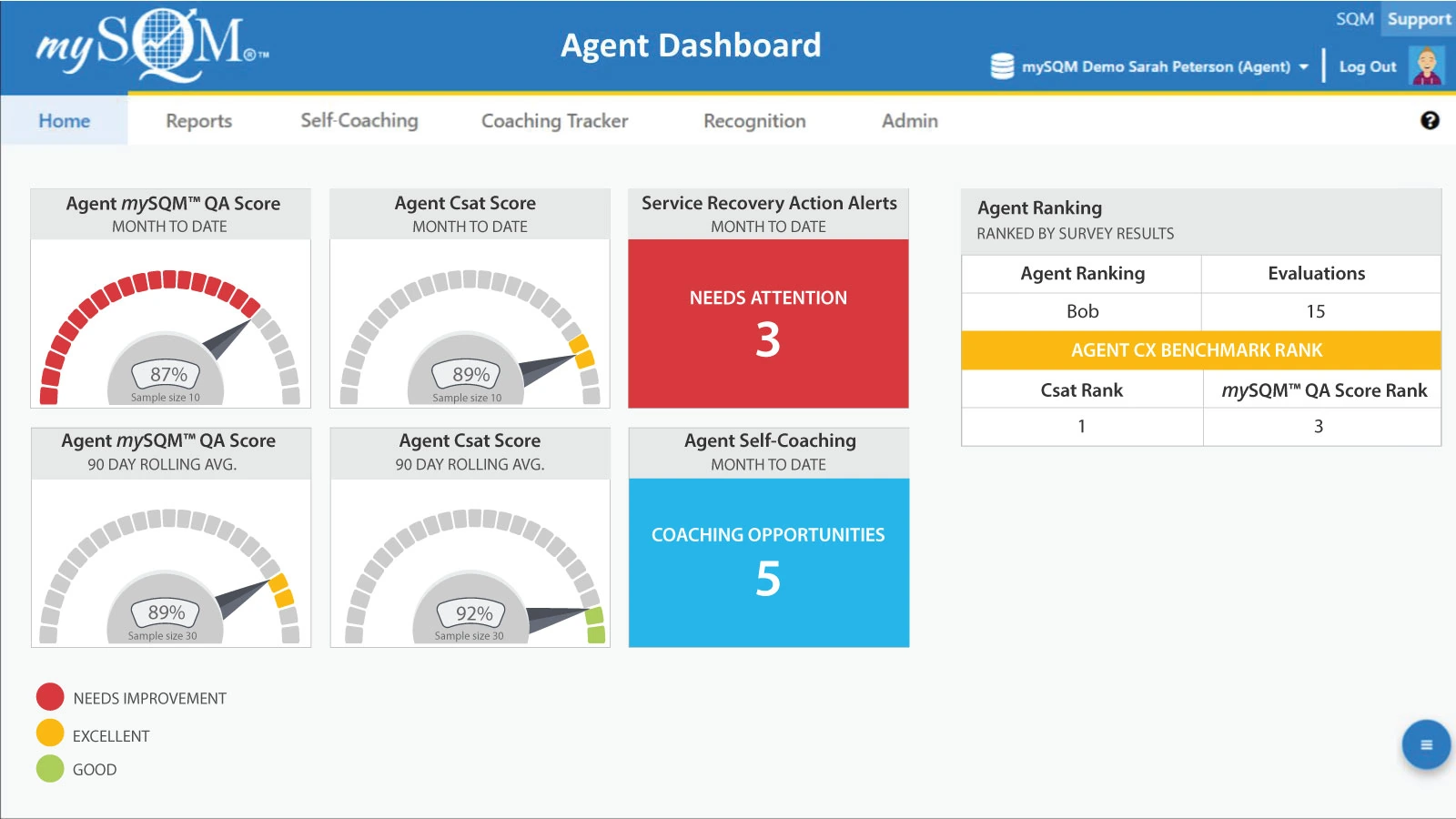
Request a mySQM™ Customer Service QA Demo Video
Learn about SQM's agent… CSAT prediction model, which is based on standardized metrics, AI, and regression analysis to predict customer satisfaction derived from a QA evaluation. Our CSAT prediction model provides a high statistical correlation, translating to a 95% success rate in predicting agent CSAT in most cases.


